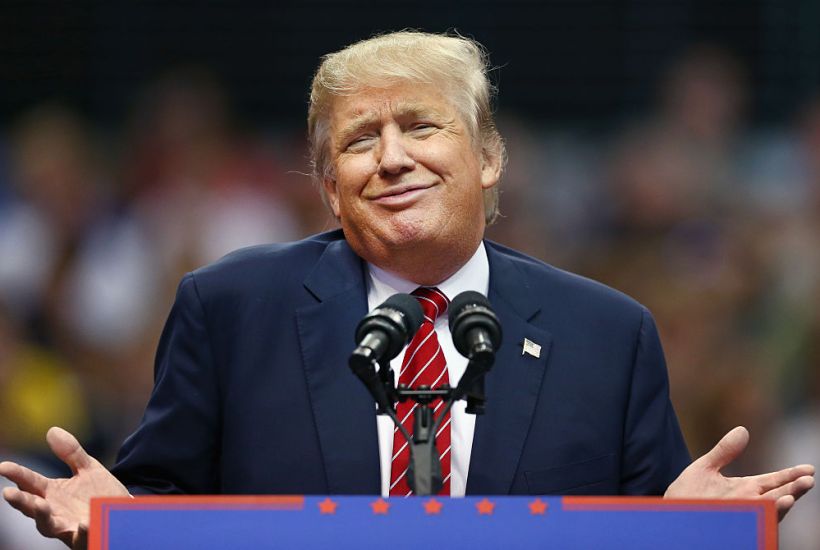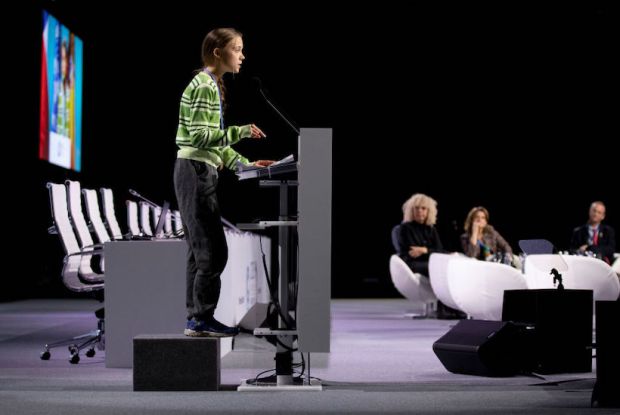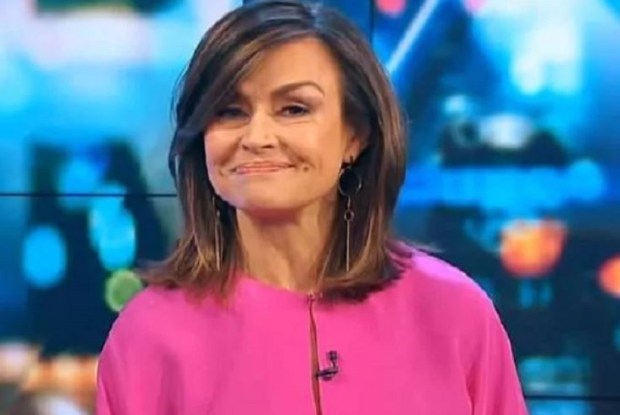We all have that friend who we hang out with because they make us look better than we actually are – hopeless with money and in romance, unemployed. Mine moved to Queensland, got married and now earns more than I do. So, that’ll show him.
In Australia, this position used to be filled by John Howard before he got old and became a fond memory (sorry, elder statesman). Back then in the good old days this attitude was particularly prevalent amongst the arts community who when being interviewed at the televised, yet-secret awards ceremonies that only they knew about couldn’t stop talking about the former PM blaming him for everything from the ponderous Aussie movies they made to the ponderous awards they didn’t win for them.
Let’s call it juxtaposition so we can package it up and do podcasts on it. This means you stand in the vicinity of an objectionable viewpoint or person so that you will then appear much more virtuous, successful or important in contrast. This is very good for one’s self-esteem.
Juxtaposition is why the new leader of Zimbabwe, Emmerson ‘The Crocodile’ Mnangagwa, caused dancing in the street when he replaced his murderous predecessor Robert Mugabe. People forget that his nickname is ‘the crocodile’ and that he used to be equally violent and undemocratic – because he just looks less bad than his predecessor.
The Croc has just promised Mugabe a retirement of luxury that includes 20 staff, a residence and private air travel while at the same time speaking approvingly of his contribution to the nation. So where’s all that dancing in the streets now?
Juxtaposition also gave us Vladimir Putin who was originally well received in the West because he was replacing the evils of communism and a clapped-out Russian economy that the West had been unable to make any money out of.
The dubious KGB-past seemed a minor irritant at the time — surely he had to be more democratic, more conciliatory, more everything than what preceded him. But just look at him now – after almost two decades of running the country by any means possible he has just had his main opposition rival Alexei Navalny banned from competing at this year’s elections for president.
Locally we recently had the visit of right-wing commentator Milo Yiannopoulos who managed to draw large crowds inside and outside his appearances.
Juxtaposition is why Left protesters in the street and Green politicians in the parliament had to gather and protest – because from their perspective standing near a Milo not only got you on television beside someone more interesting and better dressed than you it also made you look more reasonable in your political views as you get all shouty at him.
But in a classic but confusing case of juxtaposition-squared Milo kept referencing the protesters himself during his performances and media appearances just so he would appear more articulate and reasonable than them.
The more the mob juxtaposed the more Milo’s book sales seemed to go up. I call this the Theory of Everything.
With Donald Trump president we now have the ultimate act of political juxtaposition. Commentators who find Trump – from his policies to his tweeting, to his views about women – so beyond the pale just have to commentate on him all the time often in the most obsessive and unhinged terms.
It’s as if their whole lives they have been waiting for their Donald to come along. He’s like the corrupt Richard Nixon they never had but were always promised while at journalism school.
For some the hate is so ingrained that it almost seems a case of keeping your Donald in the cupboard where you would normally keep the useless wedding gifts you can’t return, the vacuum cleaner you never use and your conscience and then bringing him out when you need him – for that angry op-ed piece or ranting CNN appearance.
There’s a lot not to love about Donald Trump but these commentators want to be seen not loving him more than anyone else.
Unfortunately – unlike my friend who was always a calming influence – this juxtaposition can result in high blood pressure which no doubt is another of the KPIs used to measure the Donald’s detrimental effect on America.
Juxtaposition is why commentators are all getting so confused about events in Iran at the moment. They probably want to support the protesters challenging the corrupt Iranian regime (well, you would hope so) but they don’t want to be caught out publicly agreeing with Trump who has already stated his approval of the protests and declared it proof of the failures of the Obama Administration Iran policy.
As you have probably realized when it comes to juxtaposition and being on the right side of history 24 hours a day it can be exhausting and a great deal of flexibility is required. This is why The Donald used to be hated because he knew exactly what he was doing (the bastard) but is now being attacked because he is mentally unfit (the idiot).
Luckily Trump – who is not beyond a bit of juxtaposing himself – has cleared up everything by declaring himself a ‘genius’.
The danger in all this juxtaposition is that you eventually start becoming the person you are juxtaposing with. This is a strangely unknown medical condition called political metamorphous and means what seemed like a good idea at the time – electing Trump to make yourself look good — ends up with you thinking and acting like the thing you claim to despise.
This is like when shouty people who keep accusing others of being fascists wanting to close down all alternative views start acting like shouty fascists closing down all alternative views.
There is no known cure for this sort of behaviour and is probably why my friend moved to Queensland.
Michael Scammell is a freelance writer.
Got something to add? Join the discussion and comment below.
Got something to add? Join the discussion and comment below.
Get 10 issues for just $10
Subscribe to The Spectator Australia today for the next 10 magazine issues, plus full online access, for just $10.


























Comments
Don't miss out
Join the conversation with other Spectator Australia readers. Subscribe to leave a comment.
SUBSCRIBEAlready a subscriber? Log in